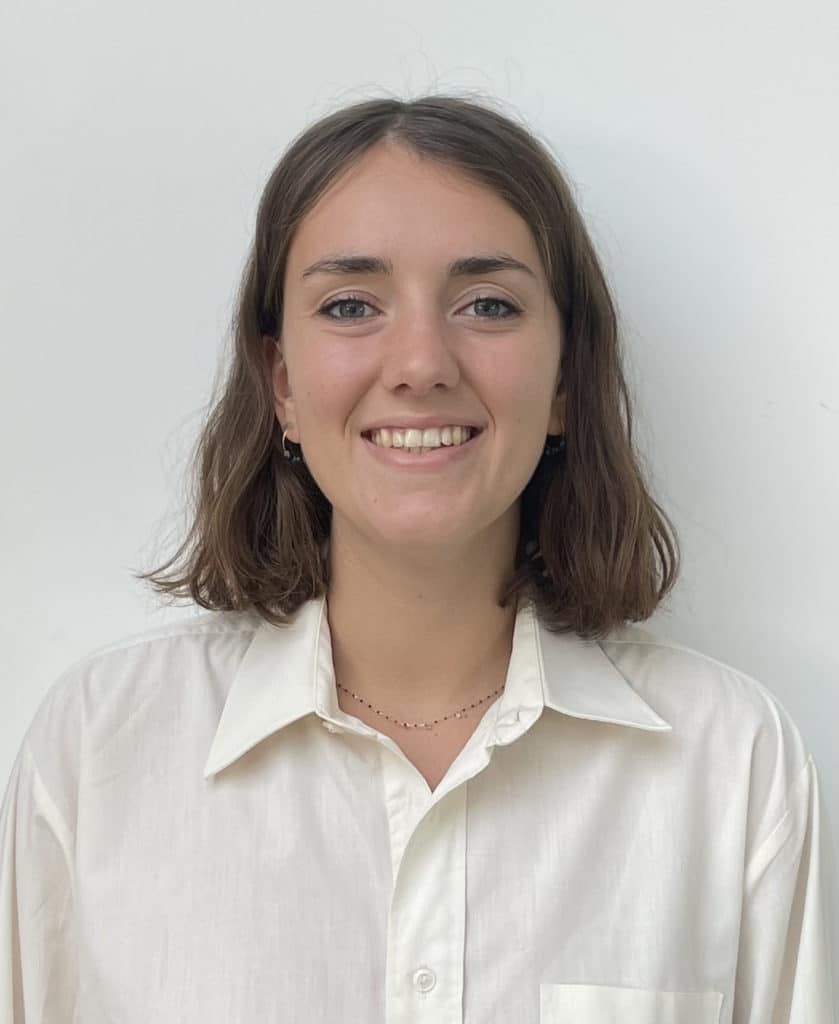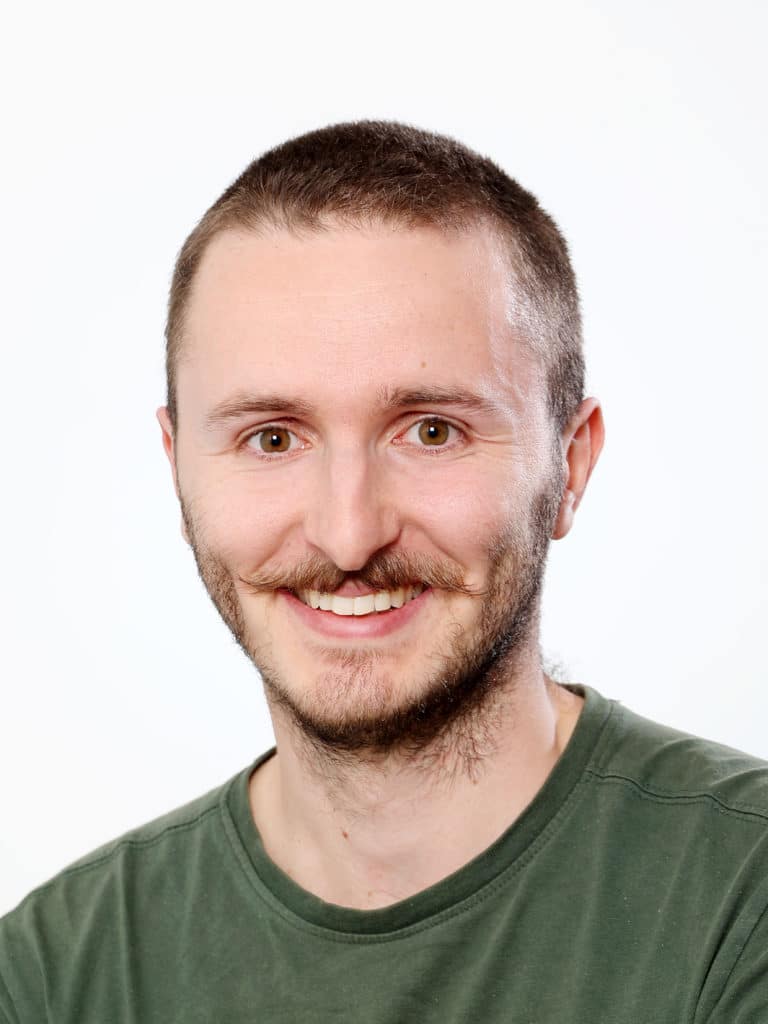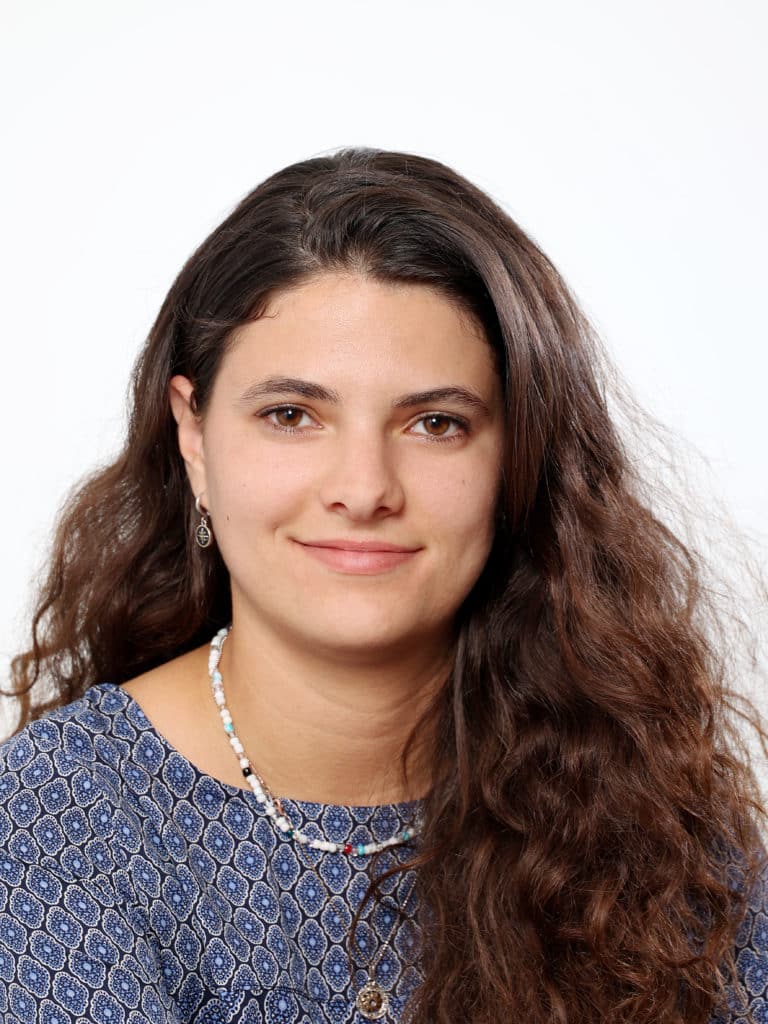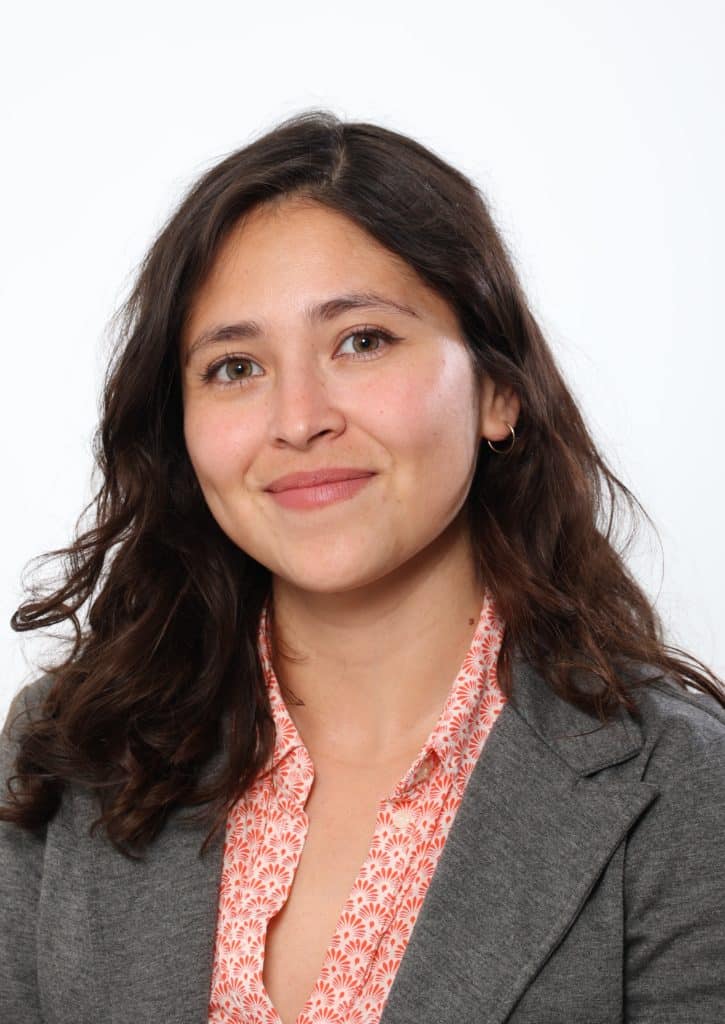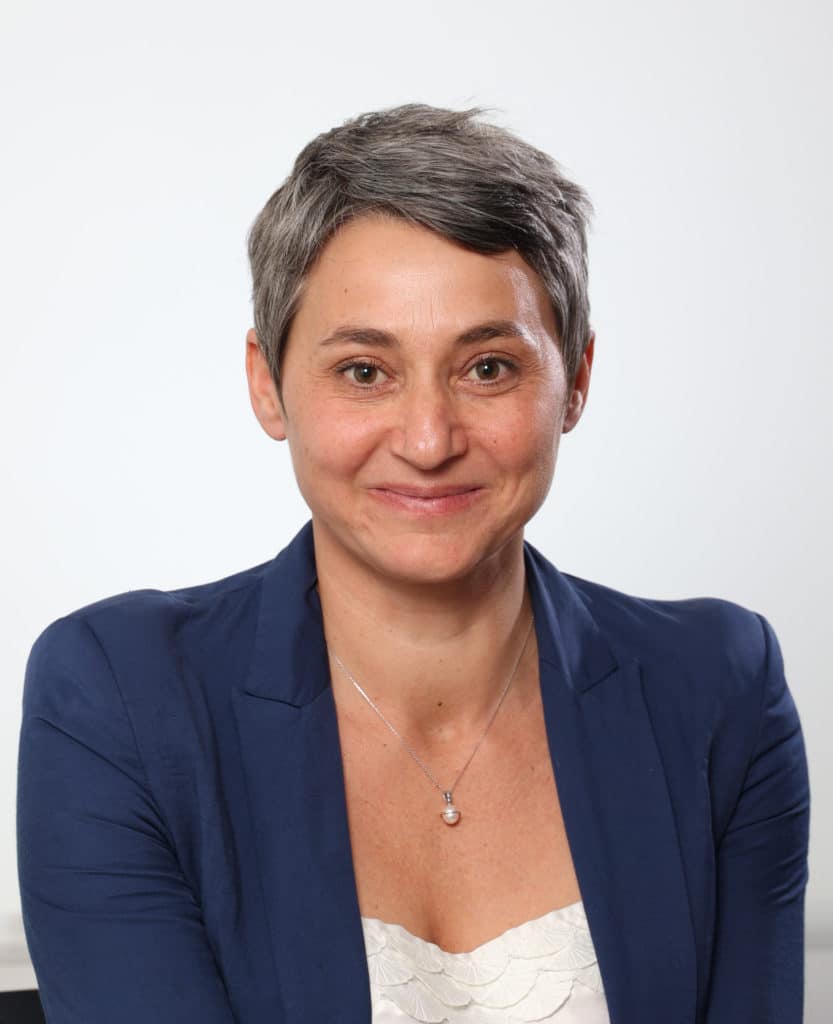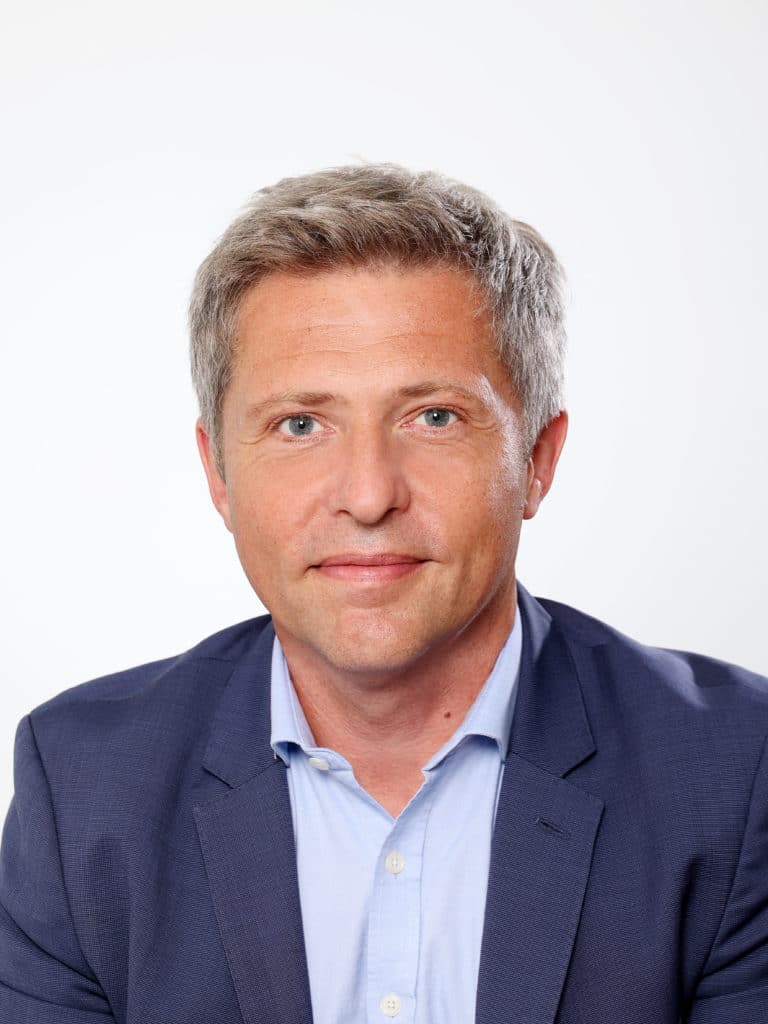Étude thématique, rapport
Rapport du groupe de travail n.1 du GIEC – Changement climatique 2021 : Les bases des sciences physiques
- Créativité
- Inclusion
- Résilience
- Sobriété
- Milieux naturels et aquatiques, biodiversité
- GIEC locaux et participations scientifiques
- Conduite du changement
Le Groupe d’experts Intergouvernemental sur l’Evolution du Climat (GIEC) a publié en août 2021 les rapport et résumé pour décideurs intitulés "Changement climatique 2021 : Les bases des sciences physiques"
Ce Résumé à l'intention des décideurs (SPM en anglais) présente les principales conclusions de la contribution du Groupe de travail I (GTI) au Groupe d'experts sur l'évolution du climat (GIEC) Sixième rapport d'évaluation (AR6) sur la base scientifique physique du changement climatique. Le rapport, construit sur la contribution du Groupe de travail I de 2013 au cinquième rapport d'évaluation du GIEC et aux rapports spéciaux du GIEC de 2018-20192, intègre de nouvelles preuves ultérieures issues de la science du climat.
Ce SPM fournit un résumé de haut niveau de la compréhension de l'état actuel du climat, y compris la façon dont il change et la rôle de l'influence humaine, l'état des connaissances sur les futurs climatiques possibles, les informations climatiques pertinentes pour les régions et les secteurs, et limiter les changements climatiques induits par l'homme.
Sur la base d'une compréhension scientifique, les principaux résultats peuvent être formulés comme énoncés de fait ou associés à un niveau de confiance évalué à l'aide du langage calibré du GIEC. La base scientifique de chaque constatation clé se trouve dans les chapitres du rapport principal et dans la synthèse intégrée présentée dans le Résumé Technique.
➡Découvrez l'article synthétique sur les principaux points clefs du rapport du GIEC, élaboré par le média indépendant Bon Pote.
Médias
Le résumé à l’intention des décideurs (SPM, 40 pages)
Le résumé technique (TS, 159 pages)
Le rapport complet (3949 pages)


